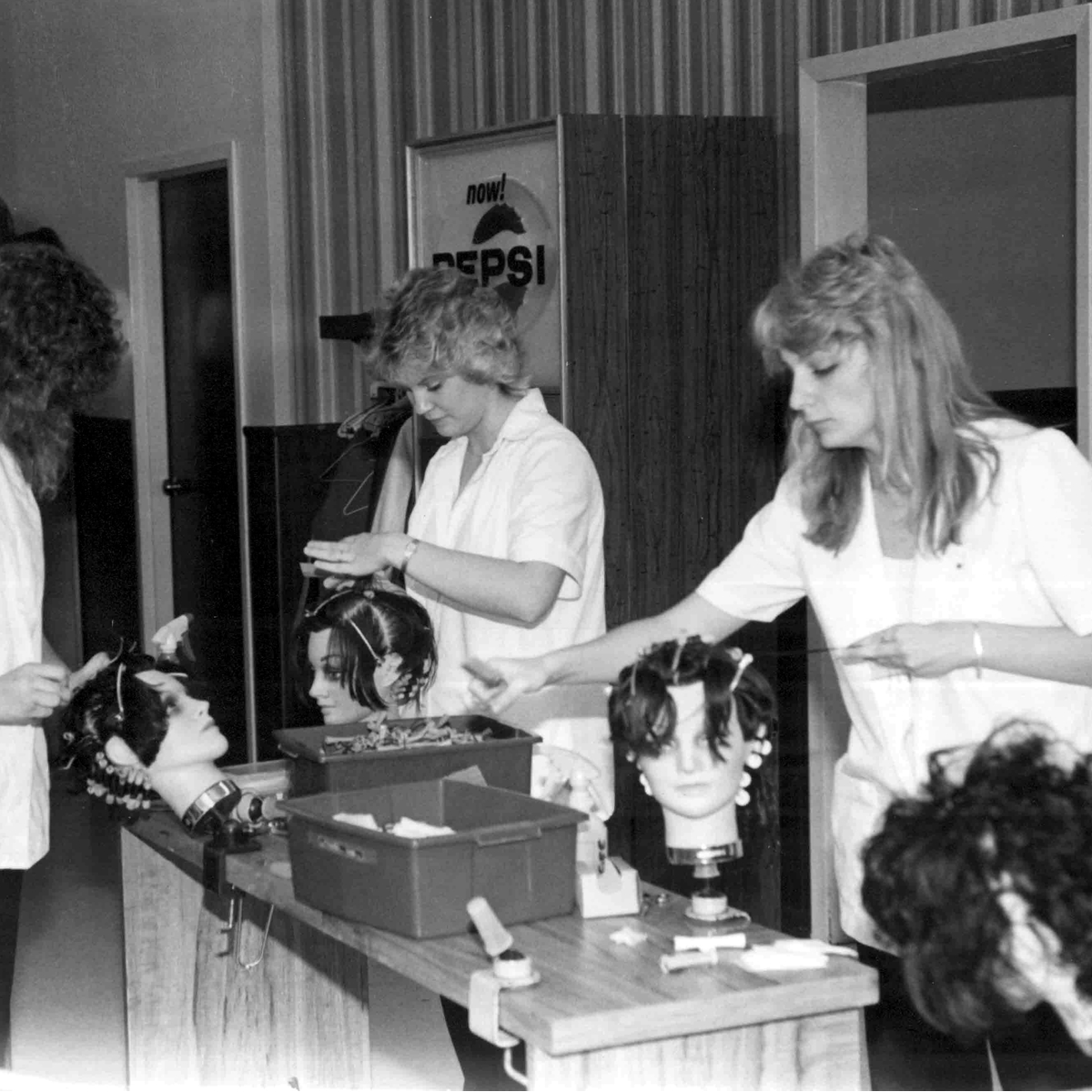R.O.P. Program Gives On-the-Job Training
R.O.P. Program Gives On-the-Job Training

Forestry, word processing, graphics, cosmetology, meat cutting and floriculture are just five of the 32 job training areas available to high school and adult students through the Regional Occupation Program.
R.O.P., as it is known, is a joint program of the Amador and Livermore high school districts. There are five high schools involved and currently over 1,000 students participating in the program.
"The goal of the program is to provide vocational, technical and occupational education for high school and adult students," according to Sandy Sandoval, program director.
Student participants in R.O.P. spend two or three hours each school day at one of the program facilities getting training and experience in their chosen field. The job areas currently offered include auto repair, cabinet making, food services, nursing, industrial drafting, landscape construction and water pollution control.
Sandoval says that the cosmetology program with 160 participants and the forestry program with over 50 students are among the most popular. Part of the forestry program is a long weekend in the Tahoe area working with National Forest Service Rangers.
Though most students take their learned skills and look for entry level jobs, many of the forestry students become so enthusiastic about their studies, they go on to college to pursue a forestry degree.
Floriculture is another popular program. These students learn techniques of growing flowers, merchandising flowers and plants and flower arranging. A trailer and greenhouse are located in the agriculture compound of Amador High for the floriculture participants.
There is a full graphics operation at the Pleasanton school site. There R.O.P. students learn printing, lay-out, photography and plate making. This program also provides opportunities for practical application of skills. Here the students produce materials actually used by the school district and non-profit groups.
Each high school has an R.O.P. representative at its career center or in the counseling office. Sandoval urges students to contact the rep at their school. The opportunities are practically limitless.
To see a reproduction of the original article and edition of Pleasanton Pathways, visit: March 10, 1986 Pathways.




